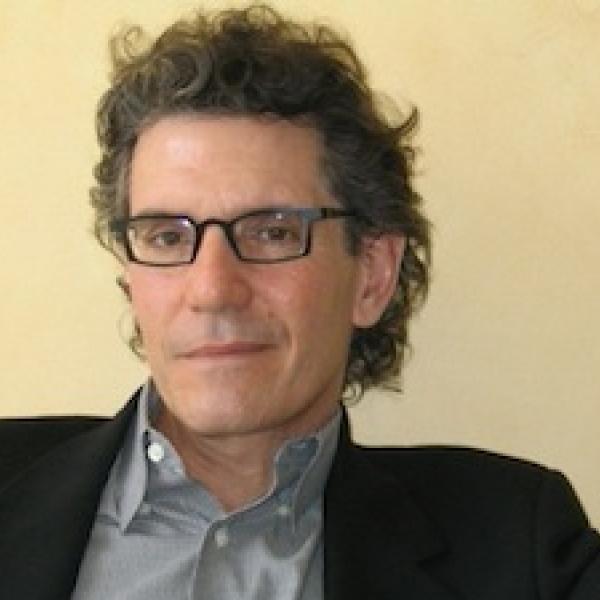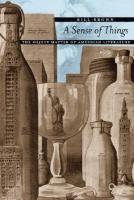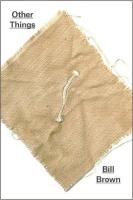
Biography
In the past, my research has focused on popular literary genres (e.g. science fiction, the Western), on recreational forms (baseball, kung fu), and on the ways that mass-cultural phenomena (from roller coasters to Kodak cameras) impress themselves on the literary imagination. Rather than assuming that historical contexts explain a particular literary text, I assume that literature provides access to an otherwise irrecuperable history. In other words, I believe that the act of literary analysis (including formal analysis) can become an historiographical operation all its own.
More recently, I have worked at the intersection of literary, visual, and material cultures, with an emphasis on what I call "object relations in an expanded field." I ask how inanimate objects enable human subjects (individually and collectively) to form and transform themselves—and indeed how objects and subjects transform one another. In a short piece called "Thing Theory," I began to point out how things and thingness might become new objects of critical analysis. In Other Things—focusing such analysis through ‘The Matter of Modernism,’ ‘Unhuman History,’ and ‘Kitsch Kulchur’—I engage a very wide range of work: Bergson, Bachelard, Arendt, Latour; Homer, Virginia Woolf, Philip K. Dick, Shawn Wong; Man Ray, Spike Lee, Dan Flavin, Brian Jungen. Dislodging the object-thing distinction from fundamental ontology (Heidegger) and from psychoanalysis (Lacan), I use it as a tool for apprehending the unanticipated force of an object, however banal that object may be. This is a new materialism within which the thingness of an object cannot be abstracted from the fields of culture and history. Currently I’m at work on a project called “Re-Assemblage,” which asks how assemblage practices (across the literary, visual, and plastic arts) might contribute to assemblage theory in the social sciences.
Select Publications
Books
- Other Things (Chicago, 2015).
- A Sense of Things: The Object Matter of American Literature (Chicago, 2003).
- Things, a special issue of Critical Inquiry (Fall 2001, book version 2004).
- Reading the West: An Anthology of Dime Novels (Bedford Books, 1997).
- The Material Unconscious: American Amusement, Stephen Crane, and the Economies of Play (Harvard, 1996).
Articles
- "Decomposition: Book History Beyond the Book," Undoing Things (2025).
- "Upheavals of Matter," Virginia Woolf - Objects, Things, Matter (2025)
- “Re-Assemblage (Theory, Practice, Mode),” Critical Inquiry (2020).
- “Fiber Optics,” Grey Room (2019), with Brandon Truett, Jacob Harris, Zoe Hughes, et al.
- “Siting re-assemblage: Queen Elizabeth Olympic Park,” Journal of Landscape Architecture (2018), with Ted Brown.
- “Encountering Design,” Encountering Things: Design and Theories of Things (2017).
- “The Obsolescence of the Human,” Cultures of Obsolescence (2015).
- “Object Cultures and Another Thing,” The Art of American Still Life: Audubon to Warhol (2015).
Teaching
Sample of Courses Taught:
Graduate: Assemblage; Thing Theory; Late James; Urban Fiction and American Space, 1880-1910; Modernity and the Sense of Things; Romantic Fetishism; Kitsch, Camp, and the Politics of Culture.
Undergraduate: Studio R-A (A Theory/History –Design/Build Studio); BLAST: Avant-Garde London, 1912-1920; American Modern, 1910-1930; The American 1890s; Whitman; Henry James; Philip K. Dick.


